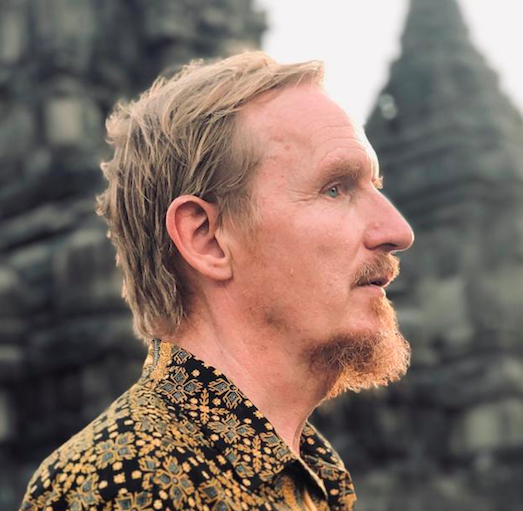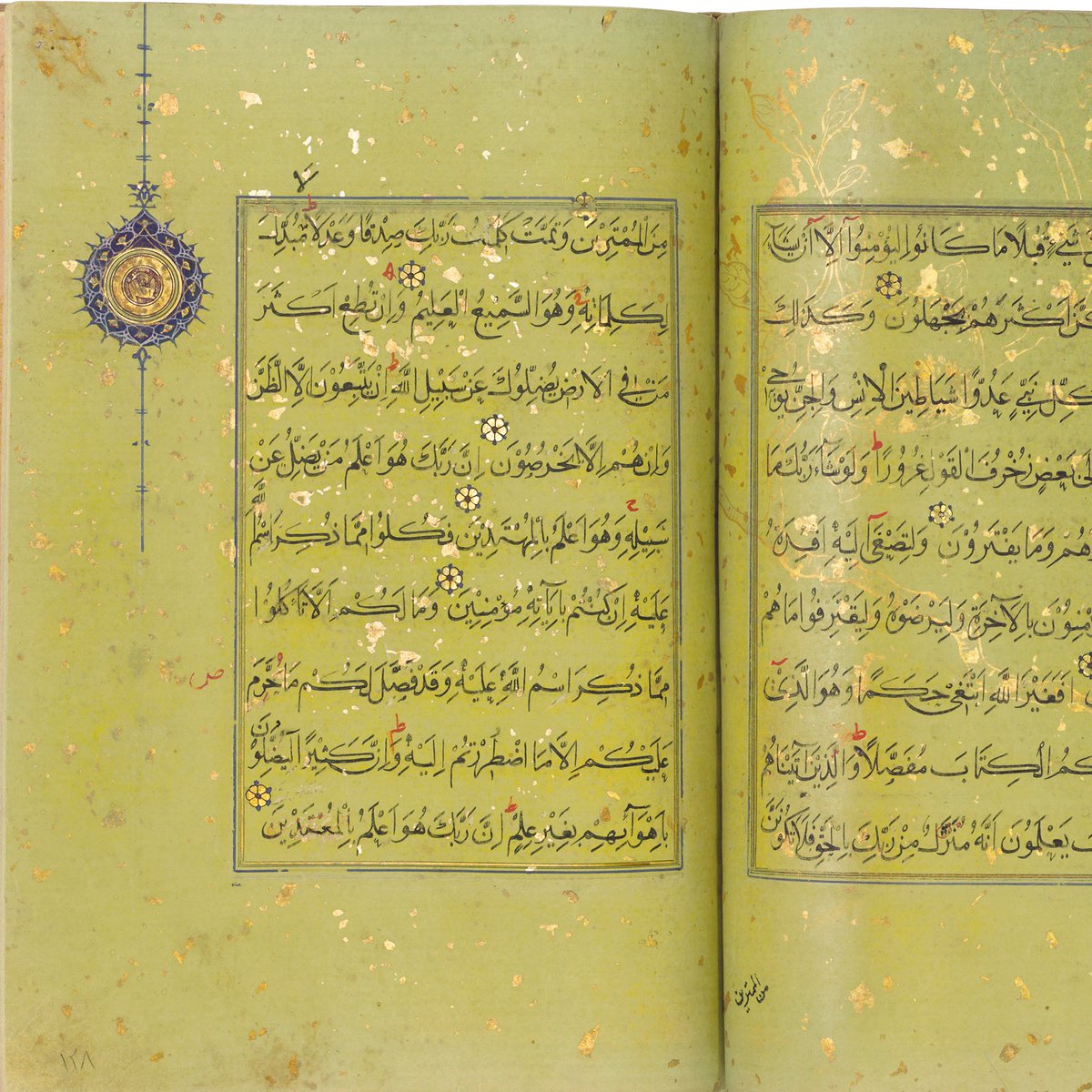
Sacred maternity is not understood in our culture, which instead medicalises it. Hence motherhood in general is sidelined, except for those who sell baby goods.
(1/5)
(1/5)

The resolution of every film comprises physical love, not marriage and procreation. Hence the growing barrenness of monocultural women,
(2/5)
(2/5)
and hence the ongoing celebration of maternity in Islam. ‘Truly, it is your detractor who is without issue’ (Quran 108:3). Even where maternity is tolerated, in place of domestic motherhood,
(3/5)
(3/5)
where the mother has time and peace to find self-transcendence in her child, there is the spectacle of the modern juggler. But ‘do not juggle with babies!’ (Contention 14/80.)
(4/5)
(4/5)
Such a juggler will never find peace, because she still knows that dropping even one of them would break her heart. ‘We are all orphans now,’ they said when Simone de Beauvoir died. The irony seems to have been unintended.
(5/5)
(5/5)
• • •
Missing some Tweet in this thread? You can try to
force a refresh










